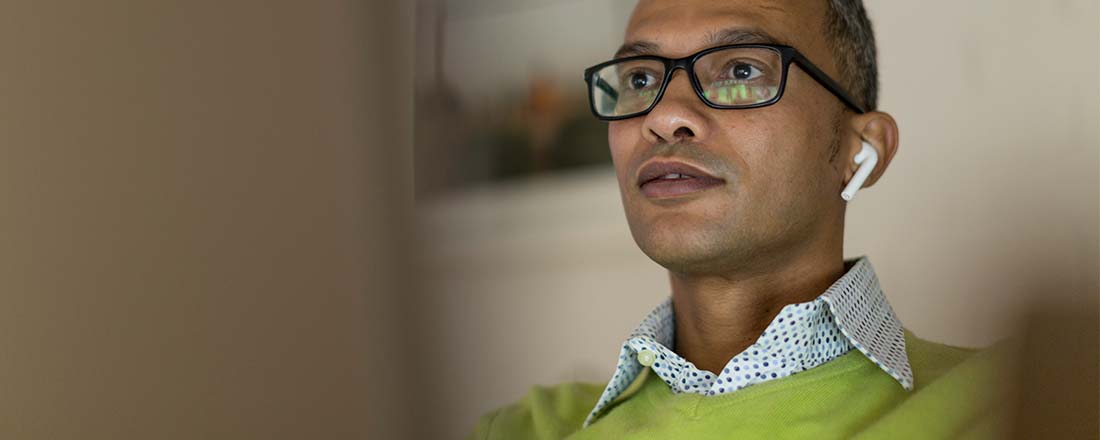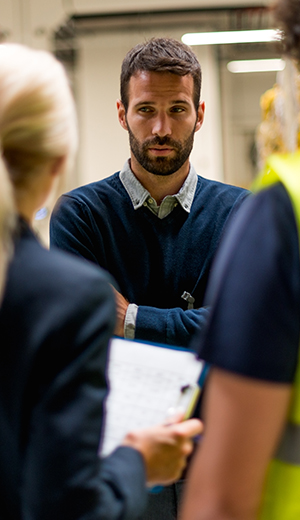Unconscious Bias: Understanding Bias to Unleash Potential™

Addressing unconscious bias lets your people thrive.
Every day, your people are faced with countless bits of information while making decisions that range from the pragmatic to the strategic. As they confront more and more information and have to act quickly while considering varying perspectives, your leaders and team members are primed to rely on biased thinking called unconscious bias.
Unconscious biases are how our brains compensate for overload which can inhibit performance and lead to poor decision-making. Helping your leaders and team members address bias will let them thrive, increasing performance across your entire organization.
Free Guide
Before you can take steps to operate more fairly and effectively at work, you need to get your bearings.
Free Webcast
Discover an approach to identifying and addressing bias in your organization.
Unconscious Bias Course Introduction
Learn to fight unconscious bias
OBJECTIVES
Unconscious bias is a natural part of the human condition—of how the brain works. And it affects how we make decisions, engage with others, and respond to various situations and circumstances, often limiting our potential. There is nothing more fundamental to performance than how we see and treat each others as human beings.
01: IDENTIFY UNCONSCIOUS BIAS
Recognize the impact our unconscious bias has on behaviors, decisions, and performance. The first step in or solution is to recognize the thoughts we may not even realize are an unconscious bias. By starting with identification we can more easily begin to break down our unconscious bias and begin to shape new interactions in our minds.
02: CULTIVATE CONNECTION
Increase empathy and curiosity in personal interactions to surface and explore unconscious bias. Through these connections, we learn how an unconscious bias can harm us and those around us and help replace these thoughts with empathy and care.
03: CHOOSE COURAGE
Explore ways to face unconscious bias with courage and create a space where everyone is respected, included, and valued. As we break down our own unconscious bias we create spaces, both physical and emotional, that allow more people to exist comfortably. As businesses, it is key we foster these spaces to find the best people, perspectives, and ideas.
THE OUTCOME
Unconscious Bias: Understanding Bias to Unleash Potential offers a principle-based and practical approach to identifying and addressing unconscious bias in our everyday life.
It does so by going beyond simply raising awareness to helping participants build practical skills that let them recognize unconscious bias in action and counter its potentially harmful effects.
This solution will help organizations that need to:
- Develop leaders who create an inclusive workplace and address the impact unconscious bias has on decision making.
- Build a culture where everyone feels respected, included, and valued.
- Improve collaboration between newly acquired groups or between existing functional silos.
- Develop an inclusive culture that positively impacts the bottom line.
- Shift from a compliance-based approach to diversity training to a more practical, action-oriented approach.
- Close the gap between expected and actual behaviors in how people see and treat each other.
This course is included in the FranklinCovey All Access Pass®. This pass provides your organization unlimited access to all of our content, whenever and wherever you need it.

Dynamic education and development, available online from any location.
Expert education and development delivered face-to-face.
Content available to your people anywhere, any time.












